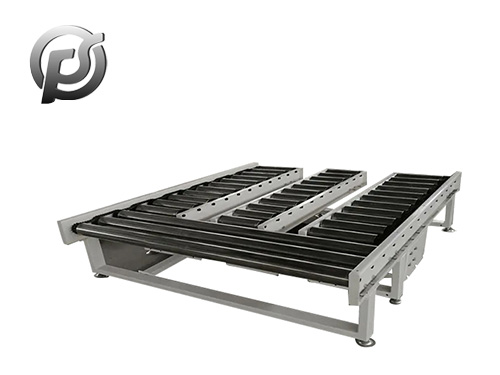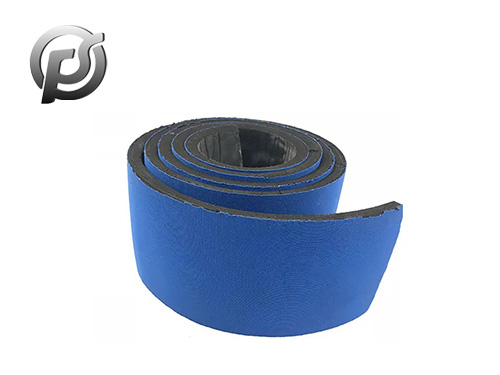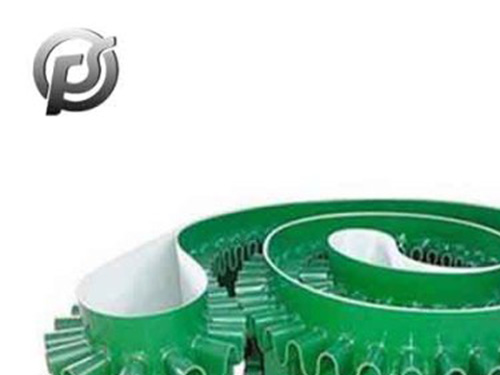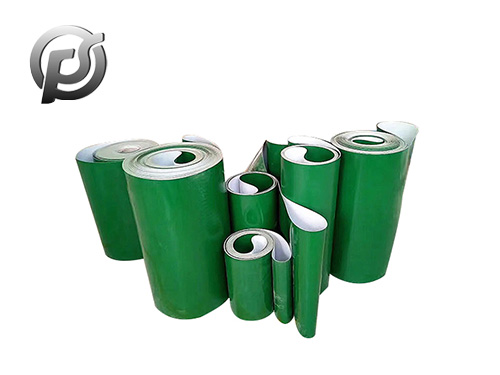In the intricate web of manufacturing, logistics, and automation, the "
small conveyor belt" emerges as a powerful tool, revolutionizing the way materials are transported in confined spaces. This article delves into the significance, applications, and benefits of
small conveyor belts in various industries.
Compact Efficiency:
Small conveyor belts are designed to navigate limited spaces with precision and efficiency. Their compact size allows them to seamlessly integrate into production lines, assembly processes, and packaging systems where larger conveyor systems may be impractical.
Applications Across Industries:
Manufacturing:
In manufacturing settings, small conveyor belts prove invaluable for the movement of components along the production line. They facilitate the efficient assembly of products, contributing to increased productivity and reduced manual handling.
Warehousing and Logistics:
Small conveyor belts find applications in warehouses and logistics centers for the swift and organized transfer of goods. They are instrumental in streamlining order fulfillment processes and optimizing space utilization.
Food Industry:
The food industry benefits from small conveyor belts in tasks such as food packaging, sorting, and conveying delicate items. Their hygienic design and ease of cleaning make them suitable for compliance with stringent food safety regulations.
Medical and Pharmaceutical:
In the medical and pharmaceutical sectors, precision and cleanliness are paramount. Small conveyor belts play a crucial role in transporting sensitive medical devices or pharmaceutical products during the manufacturing and packaging phases.
Key Features and Customization:
Modularity:
Small conveyor belts are often modular, allowing for easy customization to meet specific requirements. This modularity enhances flexibility in adapting the conveyor system to different processes.
Variable Speeds:
The speed of small conveyor belts can be adjusted to suit the pace of the production line. This feature ensures optimal throughput while accommodating varying processing requirements.
Durable Materials:
Constructed from durable materials such as stainless steel or robust plastics, small conveyor belts are designed to withstand the rigors of industrial environments, ensuring longevity and reliability.
Benefits of Small Conveyor Belts:
Space Optimization:
Their compact nature enables efficient use of limited space, a critical factor in industries where floor space is at a premium.
Enhanced Productivity:
Small conveyor belts contribute to increased productivity by automating material handling processes, reducing manual labor, and minimizing downtime.
Cost-Effective Automation:
As compared to larger conveyor systems, small conveyor belts offer a cost-effective solution for automating specific tasks without the need for extensive infrastructure modifications.
Conclusion:
In conclusion, the small conveyor belt stands as a technological marvel, transforming the way materials are transported in confined spaces across diverse industries. Its adaptability, efficiency, and cost-effectiveness make it an indispensable component in the modern landscape of manufacturing and automation, showcasing the continuous evolution of technology to meet the demands of compact and agile industrial processes.


 PE Conveyor Belts: Characteristics, Applications, and Advantages
PE Conveyor Belts: Characteristics, Applications, and Advantages
 Stone Conveyor Belt: Enhancing Efficiency and Productivity in Material Handling
Stone Conveyor Belt: Enhancing Efficiency and Productivity in Material Handling
 Optimizing Operations with PE Conveyor Belts: Durability, Efficiency, and Versatility
Optimizing Operations with PE Conveyor Belts: Durability, Efficiency, and Versatility